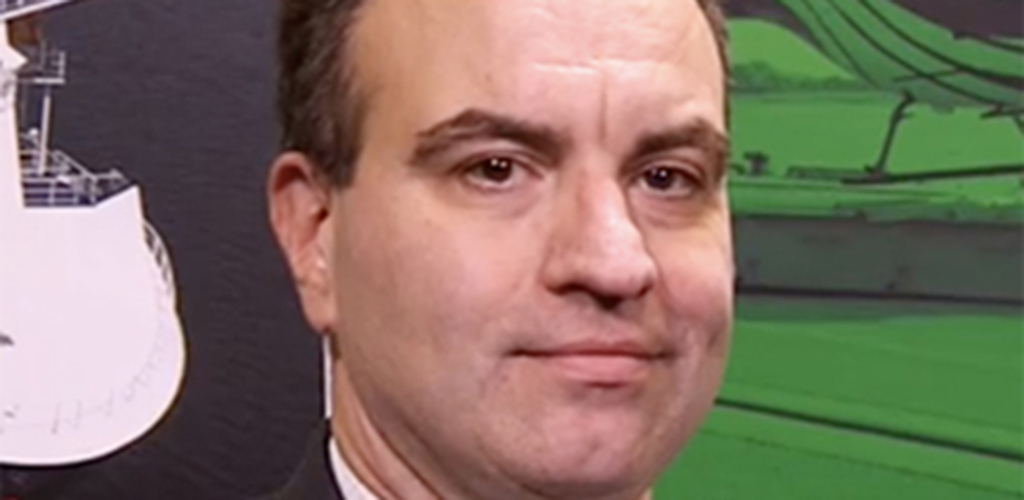Aug 27 | 2021
Many Questions to Solve in Embracing the Transition

This story is preview content from Breakbulk Issue 5 / 2021, to be distributed Friday, Sept. 9 and at Breakbulk Americas
By Marco Poisler
On the bookshelf of every traditional oil and gas leader is the Pulitzer Prize winning book, The Prize, by Daniel Yergin. The book has been translated into 12 languages and became a PBS series. This legendary author cautions that the transition to a net-zero economy will take time, and will not happen overnight. It took five decades for wind and solar to clamber out of a niche existence and for costs to come down, and it took at least a century for electric vehicles to gain ground after Thomas Edison first introduced them.
Many powerful executives in oil and gas, power generation and shipping companies all seem eager to embrace the transition. Transportation is a derived demand, so the impact of roasted plans and robust investments take time to percolate into brewed results.
For cargo interests – breakbulk carriers, project forwarders, customs brokers, specialized transportation – what does this mean? Over the next weeks and months, it means patience with “budgetary” quotations. Project owners, as they explore budgets for new alternative fuel source refineries and capital equipment, face at the same time the inherent challenges in transporting that capital equipment. How large of a vessel? What type of vessel? What type of truck?
The impact of Covid-19 on shipping is well publicized. We not only face “going green” challenges in the transition, but also budgeting new cargo designs, shapes and sizes in new capital and also global sourcing. Will there be space available on a liner service in the budget for a project that may only materialize in two years?
Trade agreement disruptions raise new questions of global sourcing beside the challenges of Covid-19. U.S. trade policy in Section 232 and 301 raised a review of shifting production from China to countries in Southeast Asia such as Vietnam. Will today’s trade agreements still apply in two years’ time? Will there be enough containers in Asia?
Ultimately, moving cargo remains a human endeavor. As Roger Kavanagh, founder of Intermarine, often said: “Ships do not move cargo. People do.” This insight is evidenced in its most acute form in our pandemic age. Flights are delayed for lack of crew. Ports restrict crew from departing the vessel. Free pratique, the clearance granted to a vessel to proceed into a port after compliance with all relevant health regulations, takes on new meaning for on-time delivery. Who pays for the delay?
Was detention of the vessel in the budget? Port terminal closure or delays for Covid-19 incidents remain an inherent risk. Driver shortages? Can we get our insurance survey at cargo loading and discharge for cargo loss prevention?
Medicine speaks of intercurrent infections exacerbating the existing disease. In this is an appropriate metaphor for shipping: we face intercurrent disruption. Historically, logistics managers have become experts in hedging fuel in sophisticated attempts to deal with a lack of a reliable crystal ball. The novelty of simultaneous project investment planning for the energy transition, uncertainty in shipping schedules and cost, and preserving the safety of the human talent moving cargo during Covid-19 raises hedging in global energy project logistics to new heights.
Marco Poisler is chief operating officer, global energy & capital projects for UTC Overseas Inc., a Houston-based international freight forwarding and cargo logistics company.
Poisler will participate in the Breakbulk Americas panel, “Oil & Gas: Their Role in the Energy Transition,” which will be held at 11:30 a.m. to 12:15 p.m., Sept. 30.
